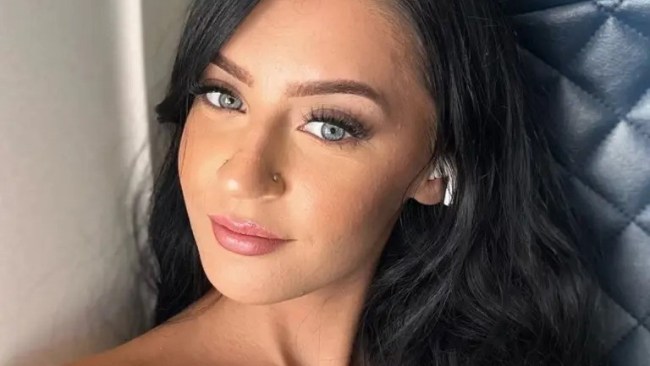Aussie women share egg freezing regret, expert slams ‘icky’ industry
Aussie women are sharing their negative experiences with egg freezing, with one expert claiming the procedure is expensive “bullsh**”.
Lifestyle
Don't miss out on the headlines from Lifestyle. Followed categories will be added to My News.
It’s long been touted as an insurance policy for those with dreams of motherhood, but for Adelaide woman Fallon Spangler, egg freezing was the source of years of pain.
A decade ago, the now-39-year-old suffered two years of ups and downs, during which the glimmer of hope her frozen eggs once provided was sadly dashed in devastating blows.
“It was incredibly emotionally and physically exhausting and draining, and there is a whole grieving process that you go through … Grieving a life you thought you would have,” Ms Spangler told The Advertiser.
Having spent around $10 – $15,000 in total, Ms Spangler underwent egg freezing then IVF following years of trying to conceive naturally.
“I did four IVF cycles with no successful transfers, and only ever had one embryo viable for freezing,” she explained.
“Approximately six months after her fourth unsuccessful attempt (my ex partner and I) separated and since divorced.
“My ex now has kids, and I have a great stepson.
“After many years I am mostly at peace with the fact I’ll not have my own biological child or children,” she said, admitting life is still dotted with “what if and why me” moments.
“(At the time) I did think, this has to work, going through all this, it finally has to happen, right? Because where are the unsuccessful stories? I suppose they aren’t good for business.”
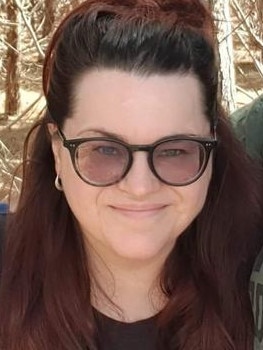
For Sally Lewer, 35, it was a similar costly and emotionally fraught exercise.
“Having my son cost me $40,000 in total,” she told The Advertiser.
The soon-to-be mum-of-three, who has a 14-year-old son, Riley, from a previous marriage welcomed five-year-old Angus via a frozen embryo fertilised with donor sperm.
She now has a baby girl on the way through the same process.
But while her foray into the murky depths of egg freezing as a solo mum has proven successful overall, it follows traumatic years of miscarriages and disappointing advice from doctors.
As a result, Ms Lewer views egg freezing as more of a “money grab” than a fulfilment of hope.
“(The doctor) assumed I would get a lot of eggs because I was so young (at 26),” she said. “He recommended that I freeze half of my egg cycle and only fertilise the other half because there should be no issues with quality.”
With 18 eggs retrieved — and a one in four chance of one of those eggs successfully taking to the donor sperm — there was only one viable embryo.
Thankfully, she got pregnant straight away, going on to have son Angus.
It was her second pregnancy, with the same donor, using the frozen eggs put aside in the first round, that proved tricky.
“None of the embryos were any good,” she said.
“I had a miscarriage and one just didn’t work and then we went on to fertilised eggs and again, none of them were any good quality.
“If they had all been fertilised together as a group of 18, then I would have had better chances because freezing quality of eggs is not as good as freezing quality of embryos.
“I had another miscarriage, so I waited a couple of years to save up for another egg collection, another $10,000.”
As it transpired, the particular doctor was “very big on donating” unused eggs to other patients struggling with fertility, Ms Lewer claims, adding her suspicion he was hoping to pass on her frozen eggs to someone else.
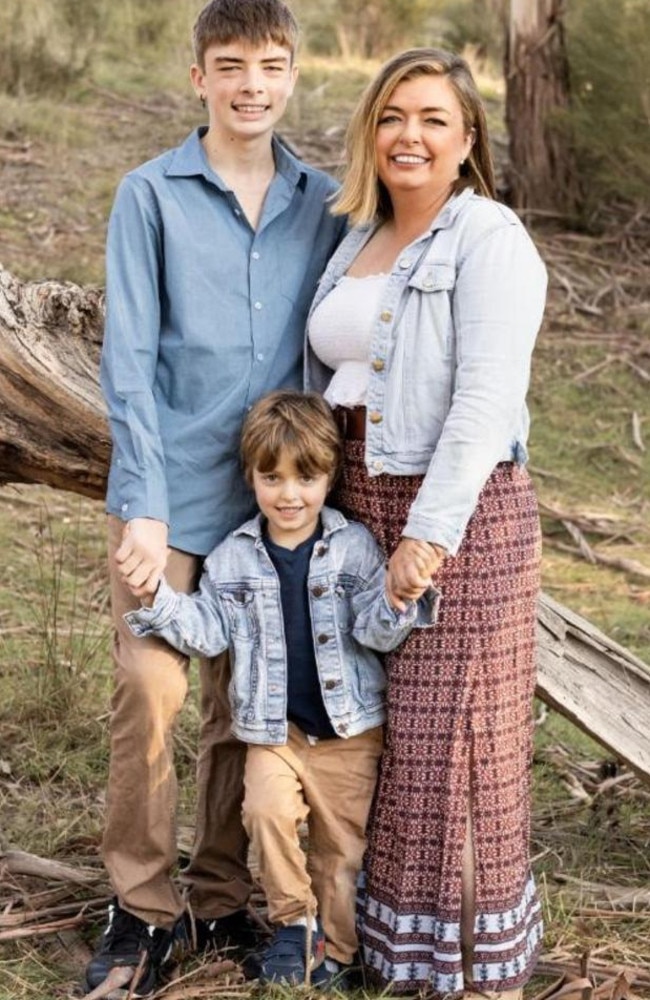
“It can just can come across so black market … it’s such a money grab and feels quite dirty,” Ms Lewer said of the experience.
She’s not the only one who feels this way.
Amid the wash of reproductive clinic marketing brimming with promises of a safety net for the future, one expert says it’s total “bulls**t”.
“It’s icky, it doesn’t feel right to me,” Adelaide embryologist Lucy Lines said, referencing recent controversy surrounding influencers including Tully Smyth being paid to promote egg freezing clinics.
“You don’t see doctors doing that for knee reconstructions and other elective surgery,” she said.
The Adelaide IVF patient advocate and educator at Two Lines Fertility says “misinformation” is rife within the IVF industry as a whole.
“Unfortunately the big IVF clinics and now specialised egg freezing clinics are really capitalising on young women’s vulnerability,” Mrs Lines explained.
“If you do a bit of a Google search on egg freezing, all that comes up is that ‘it’s simple. It’s two weeks. It’s a really minimal day procedure, and you’ll be fine,’ and then you’ve got this insurance policy,” she said.
“What we really need to be doing is getting into schools and young people’s ears about the impact that vaping is having on sperm counts, the impact binge drinking is having, air quality and endometriosis, exposure to endocrine disrupting chemicals, plastics and synthetic fragrances and everything else that is having an impact on sperm quality, egg quality and future fertility.”
She said while age certainly is a factor when it comes to egg quality, it’s the biological clock fear fertility clinics capitalise on.
“As we get older, we have less eggs available, they’re more likely to be chromosomally abnormal – can’t get away from that one,” she said, claiming egg freezing puts the reproductive pressure and responsibility solely on women.
“But there are things you can do to support future fertility.
“Choosing a partner who’s not a binge drinker, who looks after his sperm health (is important) too.”
Not only this, Mrs Linessays accurate statistics surrounding egg freezing success are little-known, with research showing you need at least 20 eggs frozen to have a realistic chance at one baby.
“If you want to freeze your eggs, absolutely do freeze your eggs, but do not see it as a Band Aid that’s gonna give you an insurance policy for the future,” she said.
“Buy a lottery ticket, that’s what it is. It’s a lottery ticket.”
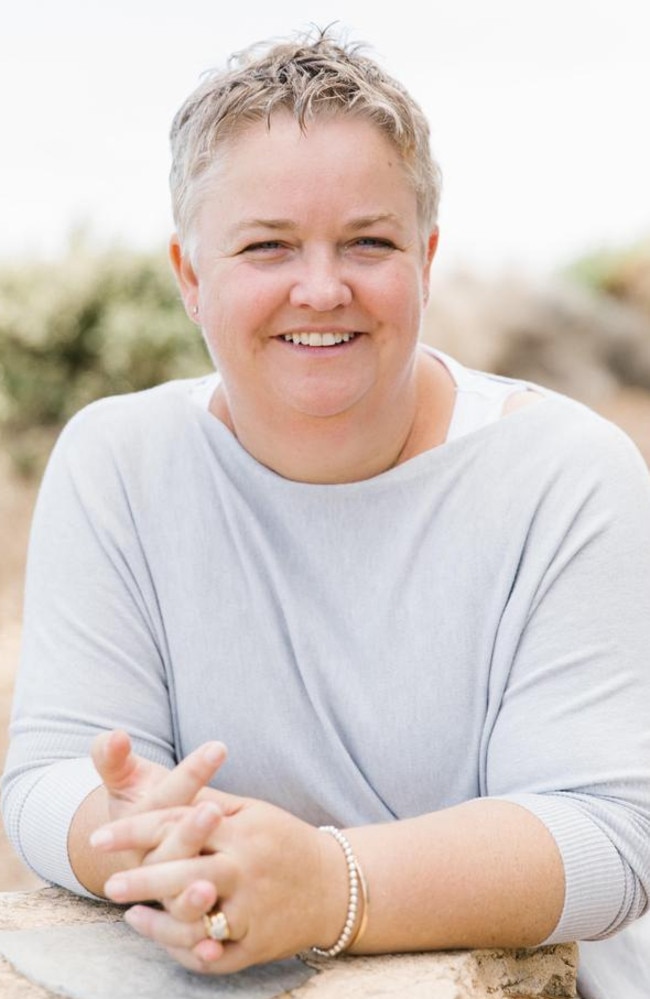
The volume of women opting to freeze their eggs in Australia and New Zealand increased by 1000 per cent in the 10 years to 2020 — a sign of reduced stigma and a welcome ease of societal pressure to have conceive at a certain age.
While the procedure was initially introduced as a solution for women with medical threats to their fertility, there are myriad social reasons to access the service these days — which Mrs Lines says first started to come to fruition in 2018.
Concerns around career progression, finding a partner, or waiting for economic stability have typically driven the decision for many women who seek such services.
For endometriosis patient Kate*, 31, who wished to remain anonymous, undergoing egg freezing came after “pressure” from doctors.
“My fertility is actually the age of a 41-year-old and I may need to have my ovaries removed in my next endo surgery,” Kate told The Advertiser.
“People always say ‘you’ve got plenty of time’, and I’m like ‘Well, not if my ovaries have been chopped out’.”
After convincing from her specialists, months of research and some disappointing consultations she began five uncomfortable rounds of egg freezing.
But Kate won’t find out until it’s time for fertilisation whether the eggs retrieved are viable.
“I don’t feel that the process was adequately explained and do feel that my endo surgeons really pushed for it,” she explained.
“I don’t really feel I was informed about the fact that my eggs are likely incredibly damaged. “So despite the fact that I’ve got some collected they may not even be usable.”
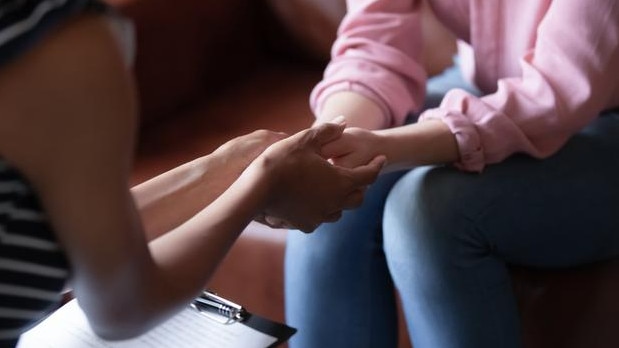
On top of it all, the physical impact of the process took its toll on her body.
“It consumed six months of my life where I couldn’t drink more than one coffee, was too bloated to fit into my clothes, got acne from the medication, was on the pill and had a Mirena … my body and mood felt insane,” she said.
“I was told not to drink, couldn’t plan trips away or commit to things around the egg collection, and had to be careful not to get Covid.
“It also flares up endo so badly.
“It basically gives you morning sickness, migraines, back pain, brain fog and the most incredible fatigue.”
Further to this — and speaking to the wider issue of a lack of adequate representation of reproductive issues in the mainstream — she didn’t feel supported in her workplace.
“I found it really hard to explain needing so much time off without telling people why,” she said.
While Kate qualified for a Medicare rebate to cover the procedure, it ended up costing her around $6000, “not including initial consult fees for the first cycle”.
“I had to think ‘will I regret spending the money today when I am 90 and look back at my life, or regret at 90 I never gave myself the option – especially if I was alone?’,” she said.
“Overall I am still glad I did it.
“I think in the future, no matter what I decide or the outcome, I know I have done everything within my power to help myself.”
What is egg freezing?
Medically referred to as oocyte cryopreservation, egg freezing is the method of preserving a woman’s eggs for future use falls under the assisted reproductive technology (ART) sector alongside in vitro fertilisation (IVF), referring to the process of fertilising eggs with sperm in a laboratory.
IVF has proven extremely beneficial for people facing medical challenges conceiving naturally, with the success rate increasing from 19.5 per cent in 2013 to around 23 per cent in 2020 in women aged between 35 and 39 years old.
In recent years, increased attention on egg freezing through celebrity endorsements — with influencers, actors and reality stars alike entering paid partnerships with facilities — has drawn more women to the procedure.
While increased awareness around fertility is wholly positive, there are concerns that marketing suggests the process is straightforward and seamless.
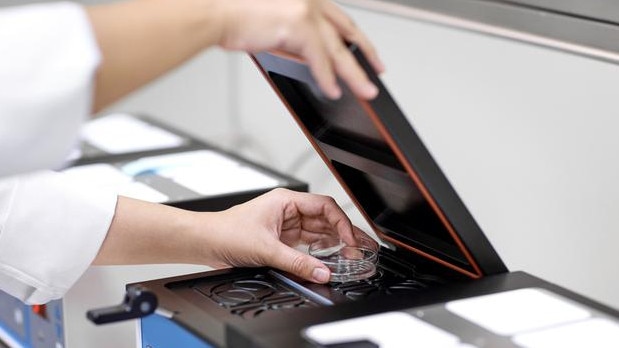
How does it work?
The process of egg freezing involves stimulating the ovaries with hormones to produce multiple eggs for retrieval from the ovaries.
These are then taken to a lab, where they’re frozen to be thawed at a later date.
Information regarding the optimum time to freeze your eggs varies.
Flinders Fertility recommends the best ovarian reserve is typically from the early 20s to early 30s.
The Glenelg-based facility outlines egg freezing after 35 is still an option, but may require multiple rounds, with the quality of eggs likely to be lower.
However, according to research by leading professor Dr Alex Polyakov, younger patients are less likely to use their frozen eggs, meaning the optimal age for cost efficiency to consider elective egg freezing is somewhere between 35 and 37 years.
At present, only approximately 10 per cent of eggs worldwide end up being used.
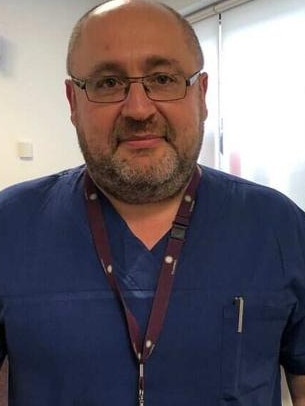
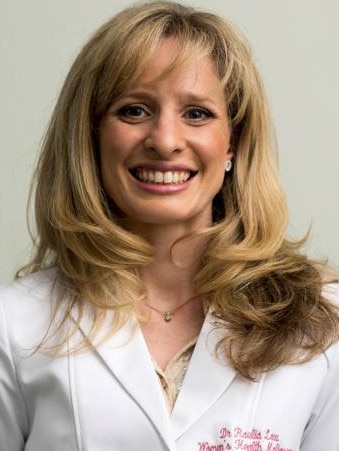
“By the same token, undergoing the procedure later in one’s reproductive life (over 40 years of age) is also unlikely to be cost-effective since the chance of a successful pregnancy resulting from these oocytes is very low,” a recent report by Dr Polyakov stated.
Fertility specialist Dr Raelia Lew, on the other hand, urges women to freeze at a younger age, arguing “the resource is better value the younger you are”.
“Fertility peaks in our teens and early 20s and declines significantly from the age of 30 onwards,” she explained.
“From 35 onwards, the decline in egg quality and number is more dramatic, to the point that 1 in 2 women over the age of 40 can no longer conceive using her own eggs, either naturally or through IVF.”
Dr Lew is passionate about educating Australians on the process, while stressing that “the only guarantee that you can have a baby is to have one, and to start your family as young as possible”.
She told The Advertiser while there was certainly no guarantee, egg freezing was “a weapon in the fight for reproductive equality”.
“It’s definitely not like having a baby in the freezer,” she said.
“We need to have a non-binary perspective.
“Egg freezing is in no way bad for women – it provides women with a greater overall chance of having a family – and the number of children she wants – than if she lacks a resource of frozen eggs.”
How much does it cost?
Depending on the provider, egg freezing can cost between $5,000 and $10,000 per egg retrieval cycle, and a woman may need multiple cycles to give her the best chance.
It then costs around $500 per year in annual storage fees, with medication and hospital costs on top.
More Coverage
Originally published as Aussie women share egg freezing regret, expert slams ‘icky’ industry




